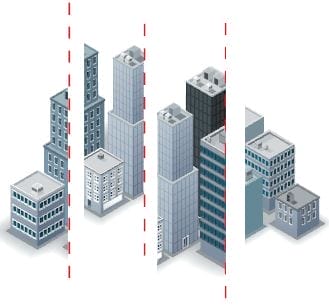In each issue of Wharton Magazine, we’ll test your knowledge with a question taken straight from an actual Wharton course exam. Submit the correct answer and you might just walk off with a great prize—a Wharton Executive Education program.
This issue’s Final Exam question comes from T. Tony Cai, Wharton’s Dorothy Silberberg Professor of Statistics. This particular question looked downright frightening to the math-challenged staff here at the magazine, but Professor Cai assured us that the problem would be “easily understandable” for a Wharton alum. To us, dear readers, that sounds like a challenge.
Good luck!
The Basics
Two envelopes, each containing a check, are placed in front of you. You are to choose one of the envelopes, open it, and see the amount of the check. At this point you can either accept that amount or you can exchange it for the check in the unopened envelope. Let A and B, A < B, denote the (unknown) amount of the checks, and note that the strategy that randomly selects an envelope and always accepts its check has an expected return of (A + B) / 2. Can you do better?
The Question:
Let X be a continuous non-negative random variable, and consider the following strategy: Generate the value X, accept the first check if its value is greater than X and exchange it otherwise. Find the expected return of this strategy. Now take a specific example. Calculate the expected return of the above strategy when A = 4, B = 10 and X is exponentially distributed with mean 7.
The Answer:
Denote the return by R. Then:
A + B B – A
E (R) = _____+ ____ (F(B) – F (A))
2 2
Where F (.) is the cumulative distribution of X.
When A = 4, B = 10 and X is exponentially distributed with mean 7,
E (R) = 10+4 10-4 -10/7 -4/7
______ + ______((1 – e ) – 1 (1-e )) = 7.975
2 2
Thanks for playing!
One winner will be selected to attend, tuition-free, one Executive Education, 3- to 5-day open enrollment program.
Does not include travel, expenses or personal costs incurred; subject to availability and admissions criteria; excludes the Advanced Management Program, Executive Development Program, Essentials of Management, Health Care, Industry-Specific and Global Programs.

























